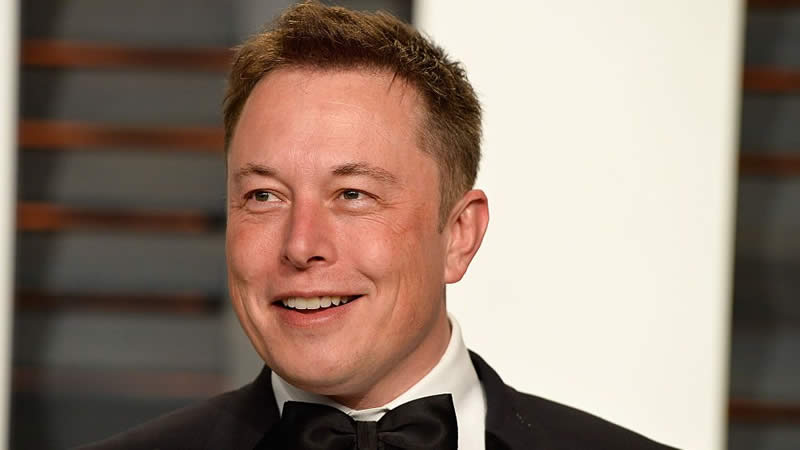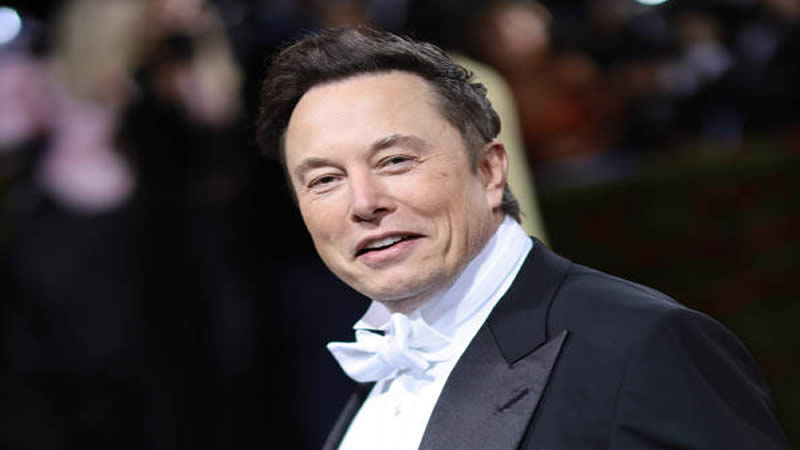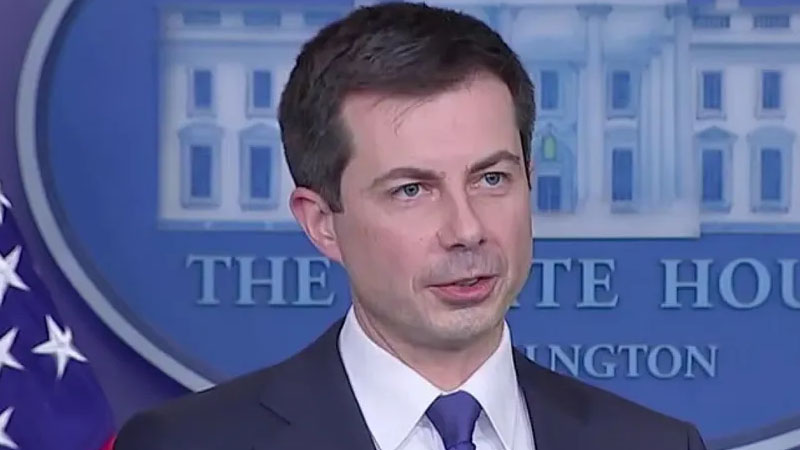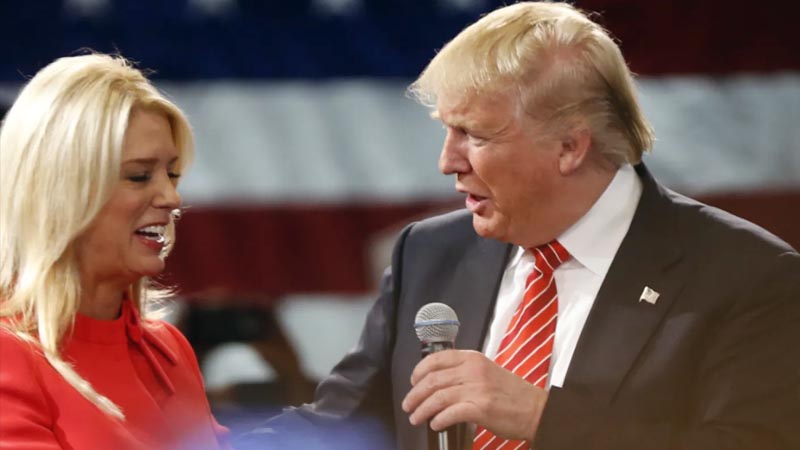Elon Musk’s ‘Regular Conversations’ with Putin Raise Questions on Starlink and Ukraine Policy

(image credit: getty images
A new report reveals that Elon Musk, the billionaire CEO of SpaceX and longtime Trump supporter, has maintained regular communication with Russian President Vladimir Putin for at least the past two years. According to The Wall Street Journal, current and former officials from the U.S., Europe, and Russia indicate that Musk has discussed a range of topics with Putin, including personal issues, business matters, and pressing geopolitical concerns.
Among these discussions, The Wall Street Journal reports that Putin specifically requested Musk not to activate his Starlink satellite internet services over Taiwan, adding a layer of complexity to Musk’s growing influence in the global political arena. This communication is significant given Starlink’s role as a high-speed internet provider for various nations, including Ukraine, which has relied on the service for essential connectivity in the face of Russian aggression.
In 2022, as the war in Ukraine escalated, the report indicates that Musk experienced mounting pressure from the Kremlin, both publicly and privately. The Wall Street Journal states, “In May 2022, Russia’s space chief said in a post on Telegram that Musk would ‘answer like an adult’ for supplying Starlink to Ukraine’s Azov battalion, which the Kremlin had singled out for the ultraright ideology espoused by some members.”
The public remarks reflected growing tension around Musk’s involvement with Ukraine, which had become a focal point for Musk’s satellite network amid the ongoing conflict. Further, The Wall Street Journal reports that Musk maintained regular communication with “high-level Russians” throughout 2022, with sources close to the situation describing pressure from Russian officials and even “implicit threats against him.”

As diplomatic strains grew, so too did Musk’s alignment with some of Russia’s public stances, including remarks about SpaceX’s financial strain in funding Starlink terminals in Ukraine. At the same time, Musk encouraged followers on his platform, X, to consider peace plans that reportedly “mirrored some aspects of the Kremlin’s offer to Ukraine.”
Musk’s evolving stance, which included more critical comments about American military aid to Ukraine, raised eyebrows among his critics, who questioned the motives behind his alignment with certain Russian perspectives. These shifts in Musk’s rhetoric led some to speculate on his role as a private-sector figure shaping global politics, with his technology at the center of critical humanitarian and military efforts.
The report’s timing coincides with reports that the U.S. Justice Department sent Musk a warning letter after he initiated a lottery intended for voters in swing states, stirring additional controversy around Musk’s recent activities. Although details about the letter remain sparse, the incident underscores heightened scrutiny of Musk’s interactions and growing political influence.
As the world’s richest man, Musk’s sway reaches beyond his corporate empire, touching on major geopolitical issues. His satellite network, Starlink, is integral to internet connectivity in Ukraine, and his views on American foreign aid and peace strategies are increasingly shaping discourse on the conflict. Yet, the revelation of his prolonged discussions with Putin and Russian officials adds a new dimension to Musk’s influence, with analysts now questioning how these connections could impact his business, his political activities, and broader relations between the West and Russia.


